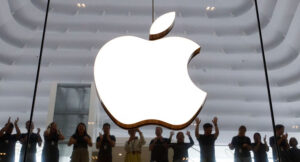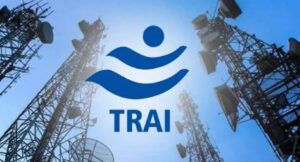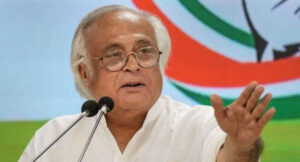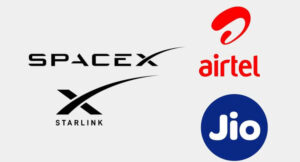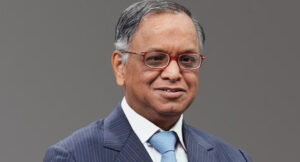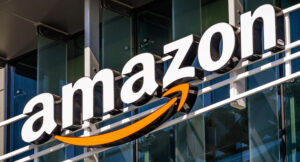India’s biggest telecom players, Bharti Airtel and Reliance Industries-backed Jio Platforms, will soon bring Elon Musk-led SpaceX’s Starlink satellite services to India. The move, analysts said, could boost India’s tele-density, especially in rural areas, and may be an opportunity for investors to add the two stocks on dips for long-term gains.
In the near-term, though, ambiguity over regulatory clarity may keep upside in the stocks restricted, they cautioned.
“Long-term investors may find attractive entry points in these stocks amid market corrections. Gradually adding these stocks during dips can enhance portfolio value, especially as telecom expansion, 5G adoption, and digital initiatives drive sustained growth prospects for Bharti Airtel and Reliance Jio,” said Siddhesh Mehta, research analyst at SAMCO Securities.
Earlier this week, Sunil Bharti Mittal-led Bharti Airtel announced its partnership with SpaceX to bring Starlink’s high-speed internet services to its customers in India.
Mukesh Ambani-backed Jio Platforms, too, announced a similar agreement with SpaceX, revealing that Reliance Jio will not only offer Starlink equipment at Jio’s retail outlets but will also establish a mechanism to support customer service installation and activation.
The deals, analysts at Citi Research said, would be more suited for servicing remote rural areas where there are coverage gaps rather than high-density urban areas where satellites may not be able to match terrestrial networks in terms of capacity and coverage.
That apart, both the telecom players could use this partnership to expand their business-to-business (B2B) connections and related offerings to enterprises and businesses in areas that otherwise lack fibre/fixed wireless access (FWA) connectivity, analysts pointed out.
Pricing, regulatory hurdles
While the move remains sentimentally positive as tying up with Starlink, rather than competing with it had it come by itself in India, has tilted the scales in the favour of Airtel and Jio, analysts say it is too early to cheer the wins given the regulatory hurdles and pricing pressure.
The agreements, they said, are contingent upon obtaining necessary regulatory approvals from the Government, which has earlier expressed concerns over its privacy policies.
India’s cost-sensitive market, they added, presents a challenge as Starlink’s global pricing is significantly higher than local internet rates.
According to an analysis by JM Financial, Starlink (and other satcom companies) have globally priced satellite internet plans at $10-500 per month excluding one-time cost for hardware (which is $250-380). This, the brokerage said, is 7-18 times more expensive than Indian telcos’ home broadband plans (i.e., FTTH/FWA) that start from $5-7/month.
Starlink’s satellite internet use case, thus, will focus on providing network to rural and remote regions, complementing Bharti/Jio Fiber and AirFiber broadband business, the brokerage noted.
“We believe the agreement seems limited to Bharti/Jio distributing Starlink’s satellite broadband services via their extensive retail network, mostly to B2C and B2B customers in rural and remote areas, in return for some distribution income. However, the direct contribution to their overall revenue is likely to remain limited,” it said.
Moreover, Jio and Airtel have their own satellite broadband ventures – Bharti-backed Eutelsat OneWeb and Jio’s JV with SES (Orbit Connect India), which are ahead of Starlink in terms of securing the licence from the Department of Telecommunications (DoT) and approvals from IN-SPACe.
“We believe this agreement with Starlink will only help telcos position themselves as facilitators in bringing satellite connectivity to a wider customer base in India,” JM Financial said.
Against this backdrop, analysts suggested investors closely monitor revenue growth, subscriber additions, and the impact of 5G adoption on profitability.
“Reliance Industries presents a better earnings momentum, going ahead, and the potential listing of the Jio telecom unit, amid Starlink deal, could be a major positive factor supporting the company,” said Vishnu Kant Upadhyay, AVP for Research & Advisory, Master Capital Services. Business Standard


